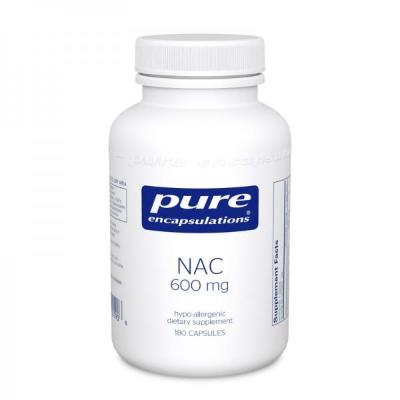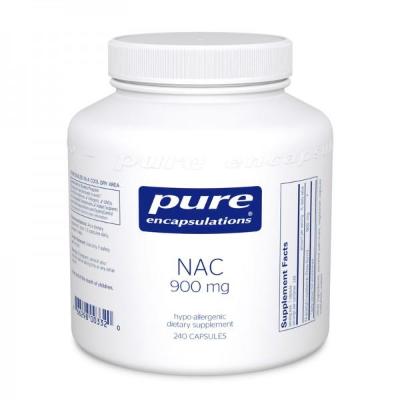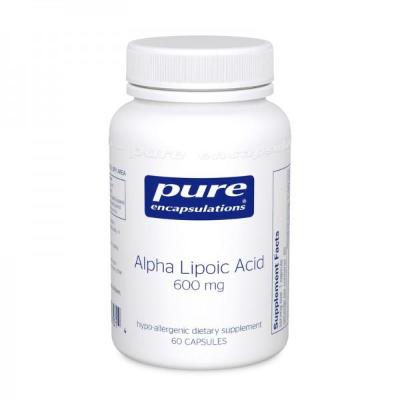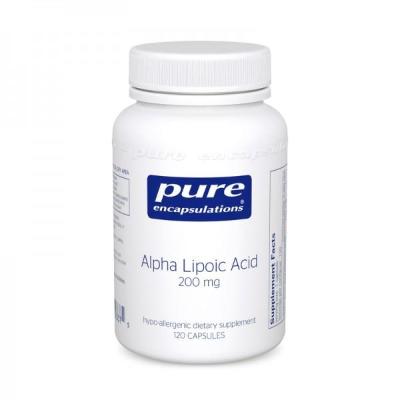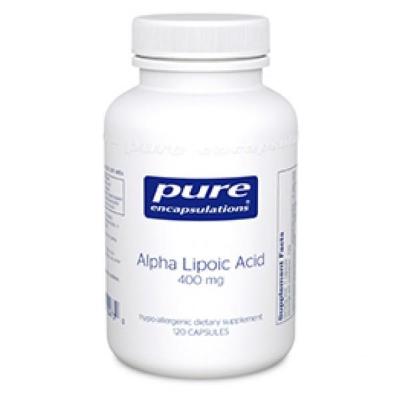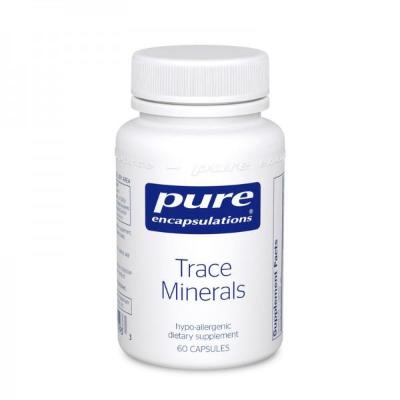Liver and Detoxification
Introduction
Global industrialization has greatly increased potential exposure to harmful chemicals. Some such as certain heavy metals are virtually ubiquitous and are connected to harming multiple organ systems at higher doses.
Most people have some detectable level of mercury which has an estimated half life in the blood of 57 days. Another heavy metal, lead, which has no known safe level of exposure, has a half life in bone of 20-30 years.
The human body faces bombardment from these and other potentially harmful chemicals. The liver serves as a vital organ for processing and and elimination of these substances.
Detoxification
Detoxification is suggested as a short-term intervention to help the body eliminate potentially harmful substances. Certain herbal and nutritional supplements have been studied for their detoxifying properties and have shown promise.
Modified Citrus Pectin (MCP) is a reduced molecular weight pectin ultimately derived from the pulp and peel of citrus fruits. A study conducted by Isaac Eliaz et al. found supplementation increased urinary excretion of arsenic, cadmium, and lead in healthy individuals.
Selenium is an essential trace element used in many animals for cellular function. A study in China found that 3 months of selenium supplementation in long-term mercury exposed individuals increased mercury excretion.
Consuming adequate amounts of Iron, Calcium, and Magnesium may be the best way of protecting against too much aluminium storage in the body because deficiencies in these elements is connected with greater aluminium accumulation.
L-glutathione (GSH) is an important molecule composed of three amino acids: glycine, cysteine, and glutamic acid. It appears to act as a strong antioxidant and potential chelator of mercury helping remove it from the body. Low body levels of glutathione have been connected to neurodegenerative diseases, liver diseases, immune disorders, as well as the aging process itself. Supplementing with glutathione by mouth is controversial because it appears to rapidly break down in the body and is poorly absorbed. As an alternative a precursor of glutathione known as N-acetylcysteine (NAC). Several studies have shown that NAC is well absorbed and helps enhance bodily levels of GSH.
Milk Thistle, with its proposed active component silymarin, has been used traditionally as a liver protectant from toxins and certain drugs. It appears to have antioxidant and anti-inflammatory properties

